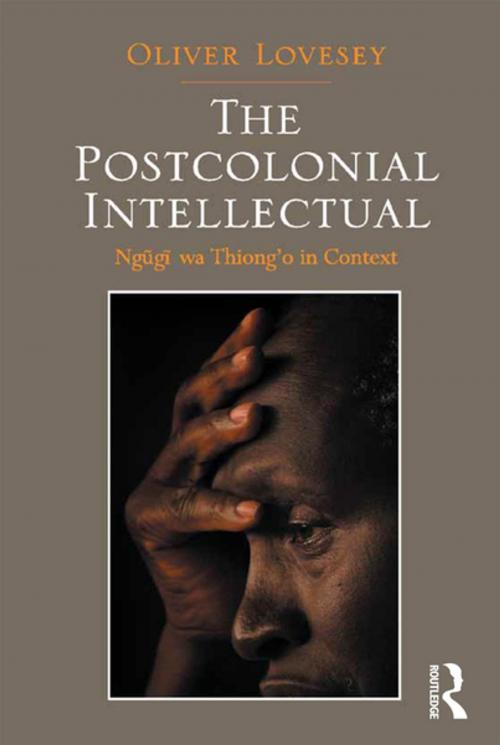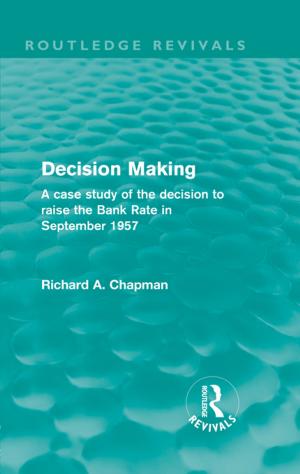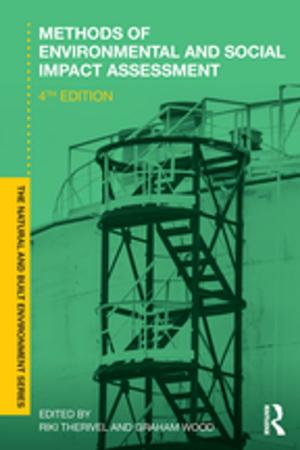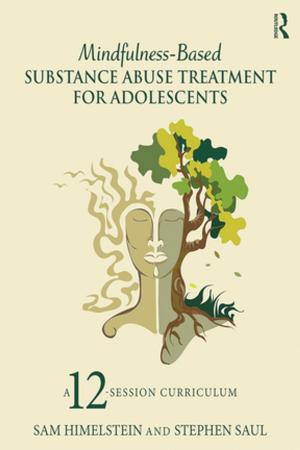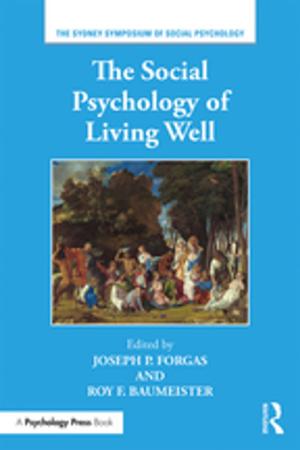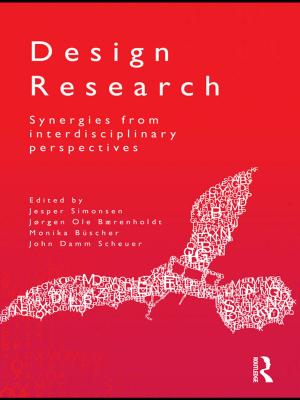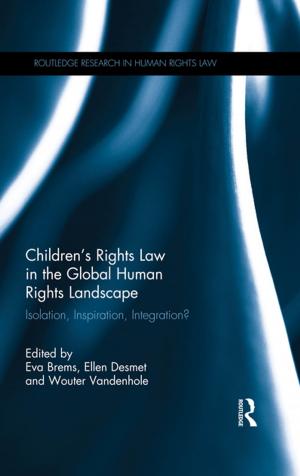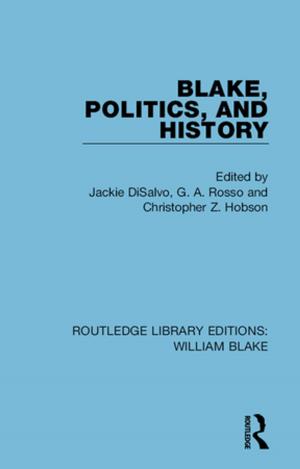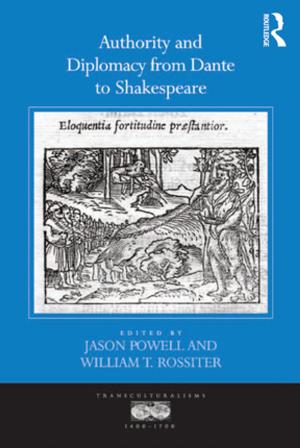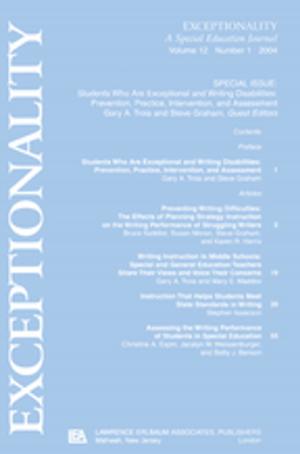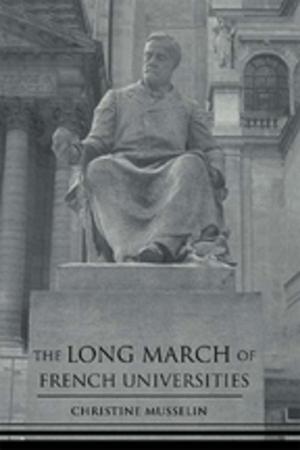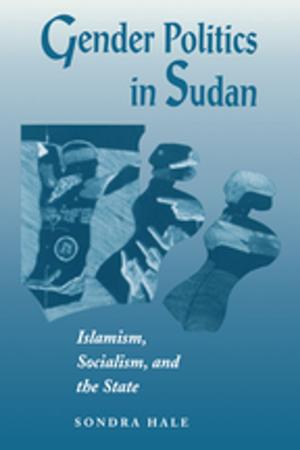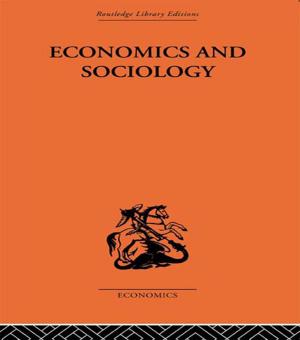The Postcolonial Intellectual
Ngugi wa Thiong’o in Context
Fiction & Literature, Literary Theory & Criticism, Gothic & Romantic| Author: | Oliver Lovesey | ISBN: | 9781317019657 |
| Publisher: | Taylor and Francis | Publication: | March 3, 2016 |
| Imprint: | Routledge | Language: | English |
| Author: | Oliver Lovesey |
| ISBN: | 9781317019657 |
| Publisher: | Taylor and Francis |
| Publication: | March 3, 2016 |
| Imprint: | Routledge |
| Language: | English |
Addressing a neglected dimension in postcolonial scholarship, Oliver Lovesey examines the figure of the postcolonial intellectual as repeatedly evoked by the fabled troika of Said, Spivak, and Bhabha and by members of the pan-African diaspora such as Cabral, Fanon, and James. Lovesey’s primary focus is NgÅ©gÄ© wa Thiong’o, one of the greatest writers of post-independence Africa. NgÅ©gÄ© continues to be a vibrant cultural agitator and innovator who, in contrast to many other public intellectuals, has participated directly in grassroots cultural renewal, enduring imprisonment and exile as a consequence of his engagement in political action. Lovesey’s comprehensive study concentrates on NgÅ©gÄ©’s non-fictional prose writings, including his largely overlooked early journalism and his most recent autobiographical and theoretical work. He offers a postcolonial critique that acknowledges NgÅ©gÄ©’s complex position as a virtual spokesperson for the oppressed and global conscience who now speaks from a location of privilege. NgÅ©gÄ©’s writings, Lovesey shows, display a seemingly paradoxical consistency in their concerns over nearly five decades at the same time that there have been enormous transformations in his ideology and a shift in his focus from Africa’s holocaust to Africa’s renaissance. Lovesey argues that NgÅ©gÄ©’s view of the intellectual has shifted from an alienated, nearly neocolonial stance to a position that allows him to celebrate intellectual activism and a return to the model of the oral vernacular intellectual even as he challenges other global intellectuals. Tracing the development of this notion of the postcolonial intellectual, Lovesey argues for NgÅ©gÄ©’s rightful position as a major postcolonial theorist who helped establish postcolonial studies.
Addressing a neglected dimension in postcolonial scholarship, Oliver Lovesey examines the figure of the postcolonial intellectual as repeatedly evoked by the fabled troika of Said, Spivak, and Bhabha and by members of the pan-African diaspora such as Cabral, Fanon, and James. Lovesey’s primary focus is NgÅ©gÄ© wa Thiong’o, one of the greatest writers of post-independence Africa. NgÅ©gÄ© continues to be a vibrant cultural agitator and innovator who, in contrast to many other public intellectuals, has participated directly in grassroots cultural renewal, enduring imprisonment and exile as a consequence of his engagement in political action. Lovesey’s comprehensive study concentrates on NgÅ©gÄ©’s non-fictional prose writings, including his largely overlooked early journalism and his most recent autobiographical and theoretical work. He offers a postcolonial critique that acknowledges NgÅ©gÄ©’s complex position as a virtual spokesperson for the oppressed and global conscience who now speaks from a location of privilege. NgÅ©gÄ©’s writings, Lovesey shows, display a seemingly paradoxical consistency in their concerns over nearly five decades at the same time that there have been enormous transformations in his ideology and a shift in his focus from Africa’s holocaust to Africa’s renaissance. Lovesey argues that NgÅ©gÄ©’s view of the intellectual has shifted from an alienated, nearly neocolonial stance to a position that allows him to celebrate intellectual activism and a return to the model of the oral vernacular intellectual even as he challenges other global intellectuals. Tracing the development of this notion of the postcolonial intellectual, Lovesey argues for NgÅ©gÄ©’s rightful position as a major postcolonial theorist who helped establish postcolonial studies.
